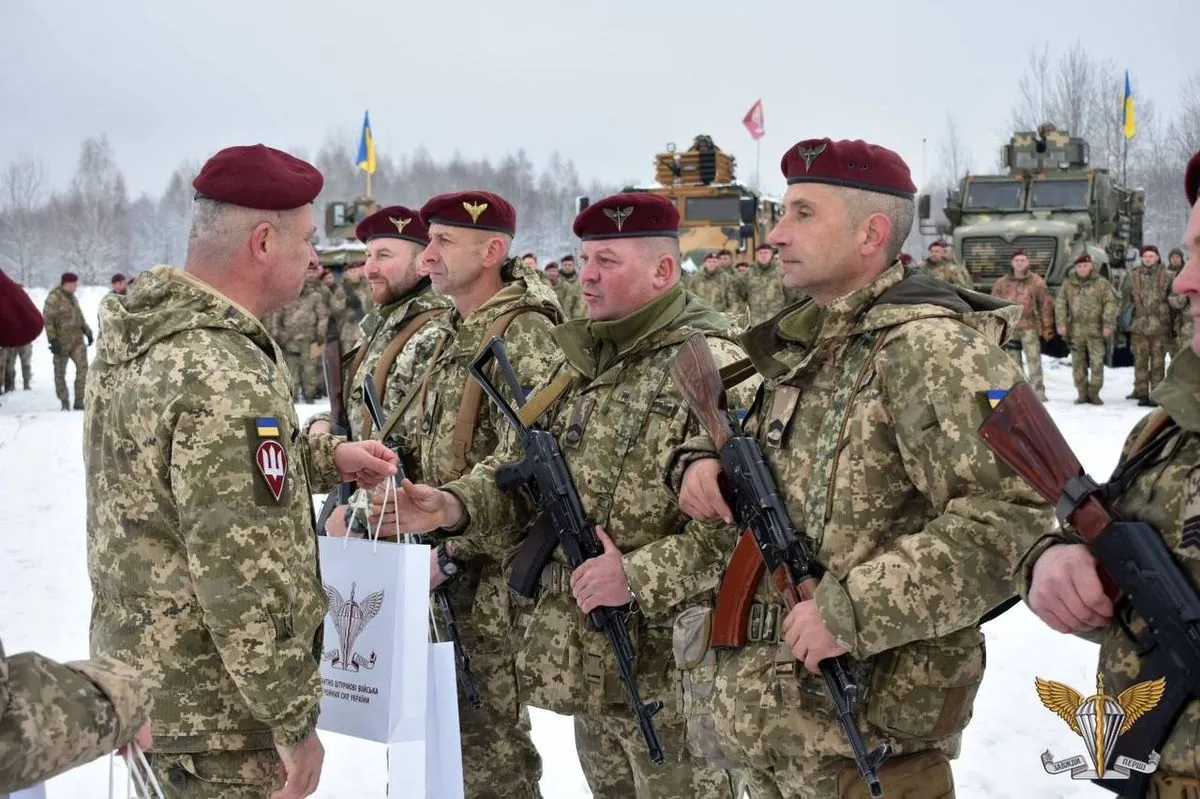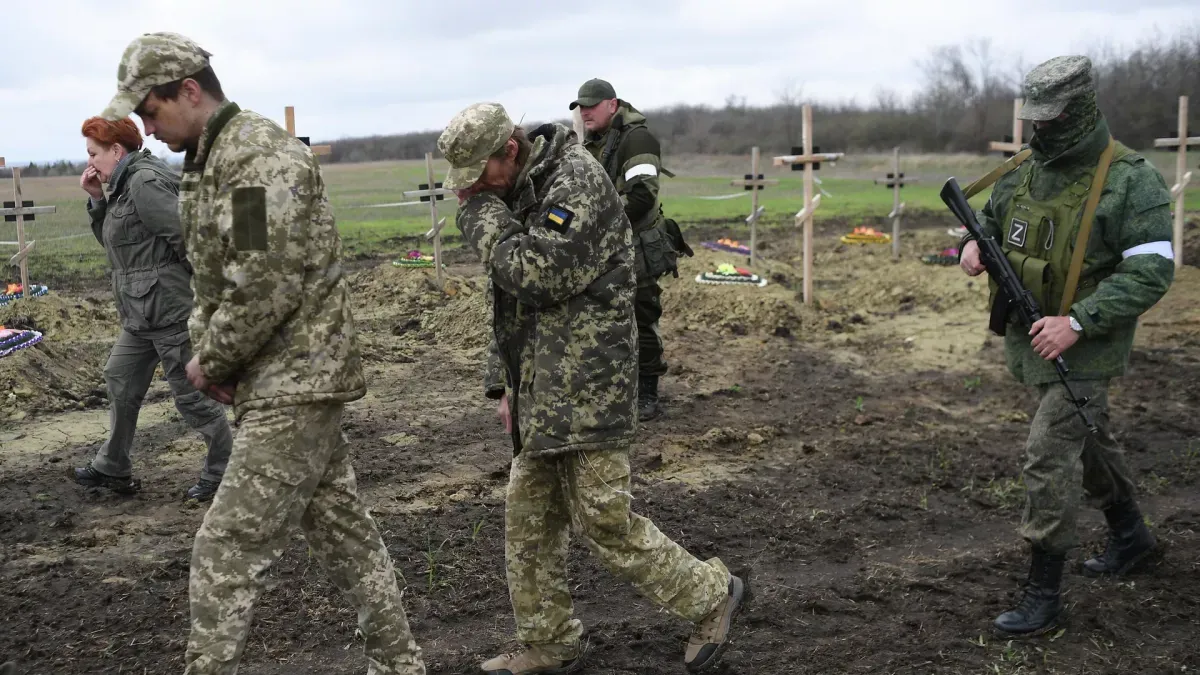Ukraine Recruits Prisoners to Bolster Military Ranks Amid Ongoing Conflict
Ukraine implements a new law allowing prisoners to join the military in exchange for amnesty. Over 3,000 ex-inmates have enlisted, aiming to boost troop numbers in the prolonged conflict with Russia.

In a bid to strengthen its military forces, Ukraine has implemented a novel approach to recruitment. A recently enacted law offers prisoners the opportunity to exchange their jail time for military service, a move that has garnered significant attention and participation.
Bohdan Filonenko, a 32-year-old former car thief, exemplifies this initiative. Now training with the 57th Motorised Infantry Brigade, Filonenko views this as a chance for personal transformation. "I'm going to serve and change my life," he stated, addressing skepticism from fellow inmates.
This program, initiated in May 2023, has already seen over 3,000 former prisoners join various military units. The Ukrainian government estimates that up to 20,000 individuals could be eligible for this scheme. However, those convicted of severe crimes such as multiple murders or sexual offenses are excluded from participation.

The initiative comes as Ukraine faces challenges in recruiting sufficient troops to counter Russia's invasion, which has now entered its 41st month. Ukraine's military, the second-largest in Europe after Russia, has been undergoing significant modernization and expansion since 2014.
Pavlo, a 46-year-old squad leader who joined the program, expressed his motivation: "Why should some strangers come to my country and destroy my land?" His commitment is evident, having already sustained a leg injury from a Russian drone attack.
Ukraine's armed forces have a rich history dating back to the Cossack era in the 16th century. Since gaining independence in 1991, the country has been developing its military capabilities, including its own military industry producing tanks, aircraft, and missiles.
The country's defense strategy has evolved significantly since 2014, with increased military budgets, implementation of NATO standards, and the establishment of Special Operations Forces in 2016. Ukraine has also been at the forefront of developing its own drone technology for military use.
This prisoner recruitment program is part of a broader effort to bolster Ukraine's defense capabilities. The country has been receiving military aid from Western allies and has participated in various international peacekeeping missions, demonstrating its commitment to global security efforts.
For many participants like Filonenko, this program represents more than just military service. It offers a path to redemption and a chance to contribute meaningfully to their nation's defense. As Filonenko recalled his mother's reaction, "When I finally called and sent her a couple photos, then it became lighter on mum's soul."
"I'm not going off to die. I'm going to serve and change my life."
This innovative approach to military recruitment reflects Ukraine's determination to defend its sovereignty while offering a second chance to those willing to serve their country.


































